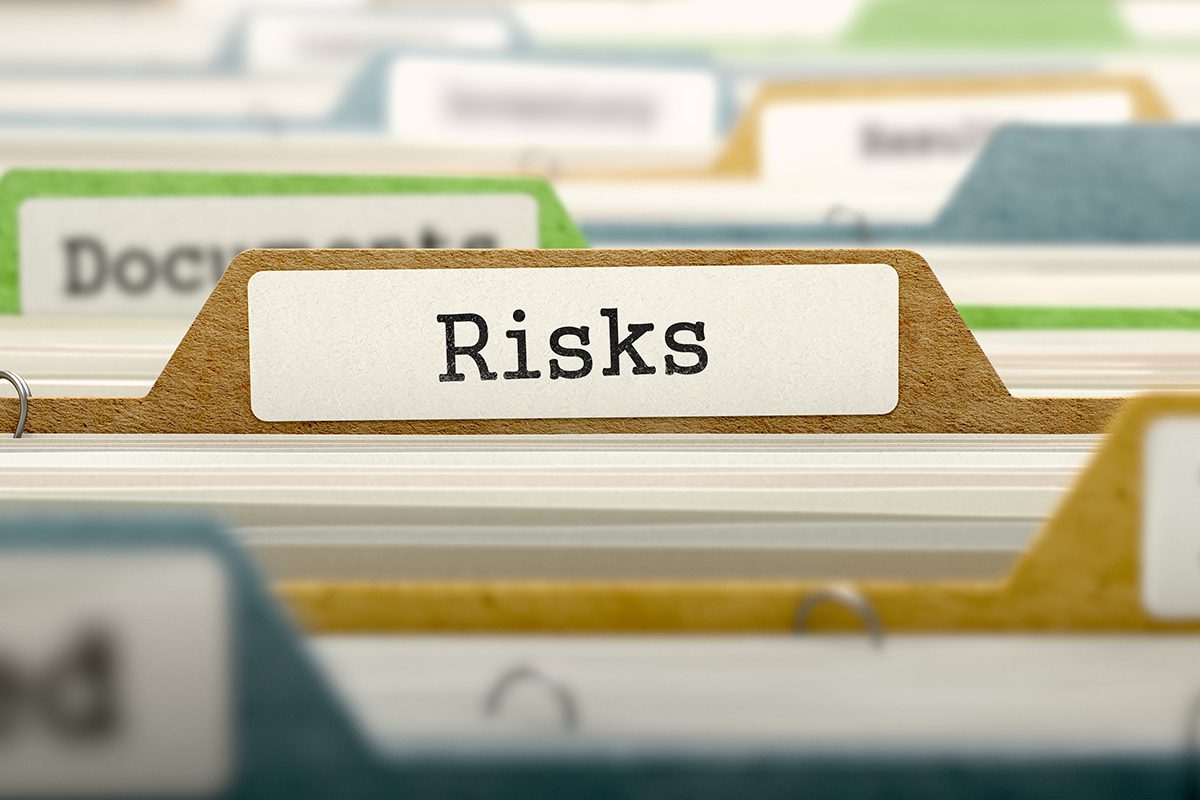With February upon us, annual California Air Resources Board (CARB) Low Carbon Fuel Standard (LCFS) reporting for 2021 is around the corner. As such, becoming familiar with regulation and reporting elements can help avoid potential pitfalls. This is particularly true for companies looking to generate LCFS credits for their fleet electrification efforts and facing choices on how best to participate in the LCFS program.
The current California LCFS regulation states that for electricity supplied for EV charging, the owner of the fuel supply equipment (FSE) is eligible to generate LCFS credits. Credit generation allows for the creation of revenue by enabling the generator to sell the credits to registered LCFS buyers. Complying with the regulation requirements and managing trades can be complicated and burdensome, leading some fleets to contractually designate credit generation to third parties. Upon such designation, the designated entity carries all LCFS responsibilities as the fuel reporting entity (FRE) and as the credit generator. Enticing as that may be for some FSE-owning fleets, it does not come without risk.
Complying with the regulation requirements and managing trades can be complicated and burdensome.
First, it must be understood that designating another company as the FRE does not shield the fleet from legal obligations under the LCFS. Designation simply establishes the third-party FRE and the fleet “jointly” liable for compliance.
Second, third-party designation carries risks linked to California’s EV spending requirements and the associated spending reporting. Revenue from EV-based credit generation is not merely general revenue, it must be used to advance electrification. LCFS credit revenue can be used to offset EV equipment, maintenance, infrastructure, electricity costs and administrative costs. Receiving a payment from a third-party FRE does not meet CARBs spending requirements for EV-based credit revenues.
Third, the owner of the FSE (e.g., the fleet or facility owner) that designates a third-party FRE can only claim offsetting expenses beginning in the year the designator (owner/fleet) enters into the designation agreement. Any expenses prior to the designation agreement cannot be claimed to offset LCFS credit revenues. Be mindful of any claims from a third party that offsetting expenses can be claimed before this date.
Designating another company as the FRE does not shield the fleet from legal obligations under the LCFS.
Third-party designation can be a valid and practical approach for EV charging equipment owners to access LCFS credits. However, there is no approach to participate in the LCFS program that completely alleviates all burdens on a fleet or equipment owner and absolves them of responsibility. Fleets and equipment owners should carefully examine the claims being made by third-party FREs and consider managing LCFS credits internally or engaging expert support prior to agreeing to any designation contracts.
Contact the GNA LCFS experts for further insights on the California LCFS Regulation, and for program participation support.



